Are you unsure whether to partner with a freight forwarder or a third-party logistics (3PL) provider for your shipments from India to the United States? Understanding the differences between these two logistics solutions is crucial for optimizing your supply chain. Each offers distinct services that can impact your shipping efficiency, cost-effectiveness, and overall business operations.
Choosing the right partner can significantly influence your delivery timelines and customer satisfaction. If you’re experiencing challenges like delayed shipments, unexpected costs, or complex customs procedures, you’re not alone. Many businesses face these hurdles when choosing the wrong logistics partner. These issues can lead to increased operational costs and strained customer relationships.
This blog will clarify the key differences between freight forwarders and third-party logistics (3PL) providers. By the end of this blog, you to make an informed decision that aligns with your specific shipping needs.
TL;DR
- Freight forwarders manage international shipping, customs, and carrier coordination.
- 3PL providers handle end-to-end logistics, including warehousing, inventory management, fulfillment, and returns.
- Select freight forwarders for their expertise in customs and global shipping.
- Use 3PLs for full-service, scalable logistics solutions.
- Key differences between the two include their service scope, asset use, costs, compliance, and tech integration.
What Is a Freight Forwarder?
A freight forwarder is a logistics expert who coordinates and organizes the movement of your goods from India to the USA. They act as intermediaries between you (the shipper) and various carriers (like shipping lines, airlines, and trucking companies) to ensure goods are shipped efficiently and cost-effectively from origin to destination. While they don’t physically move the freight themselves, they manage the entire shipping process, including route planning, carrier selection, and documentation.
Key Responsibilities
- Route Planning and Carrier Selection: Determining the most efficient and cost-effective transportation routes and selecting appropriate carriers (sea, air, road, rail). Intoglo’s USA Export Navigator provides essential resources, including port maps, sailing schedules, and U.S. holiday calendars, to streamline your export planning.
- Documentation Handling: Managing essential paperwork such as bills of lading, commercial invoices, and customs declarations.
- Customs Clearance: Ensuring your goods comply with both Indian and U.S. customs regulations to avoid delays. Intoglo’s HS Code Scanner utilizes technology for accurate tariff classification, ensuring compliance with international trade regulations.
- Cargo Insurance: Arranging insurance to protect your goods against potential damages or losses during transit.
- Tracking and Updates: Providing real-time updates and tracking information for your shipments.
- Consolidation Services: Combining smaller shipments into one larger shipment to optimize costs.
When to Choose a Freight Forwarder
Opt for a freight forwarder if your business:
- Requires specialized expertise in international shipping logistics.
- Needs assistance with customs clearance and compliance.
- If you focused on transporting goods from India to the USA without additional supply chain services.
Freight forwarders are particularly beneficial for businesses that need to navigate complex international shipping regulations and require a streamlined process for moving goods across borders.
Now that we’ve covered freight forwarders, let’s explore the role of a 3PL provider.
Tired of dealing with complex freight logistics challenges?
Get a quote from Intoglo!Also Read: What are the Duties and Responsibilities of a Freight Forwarder
What Is a 3PL (Third-Party Logistics Provider)?

A third-party logistics (3PL) provider offers comprehensive logistics services, managing various aspects of your supply chain from warehousing to final delivery. They handle the entire logistics process, allowing you to focus on your core business activities.
Key Responsibilities
- Warehousing and Inventory Management: Storing and managing your products in strategically located warehouses.
- Order Fulfillment: Picking, packing, and preparing your products for shipment.
- Transportation Management: Coordinating the movement of goods across different transportation modes.
- Returns Management: Handling product returns and exchanges efficiently.
- Supply Chain Optimization: Implementing strategies to improve the efficiency and cost-effectiveness of your logistics operations.
When to Choose a 3PL Provider
Consider a 3PL provider if your business:
- Requires comprehensive logistics services, including warehousing, inventory management, and order fulfillment.
- Is looking to scale operations and needs a partner capable of handling increased demand.
- Wants to outsource the entire supply chain process to focus on core business activities.
3PL providers offer a holistic approach to logistics, making them ideal for businesses aiming to streamline operations and enhance efficiency.
Now that you have a clearer understanding of what freight forwarders and 3PL providers do, let’s explore the key differences between the two to help you make the right choice for your business.
Also Read: 3PL Warehouse Management Systems.
Key Differences: Freight Forwarder vs 3PL Providers
Understanding the distinctions between freight forwarders and third-party logistics (3PL) providers is crucial for optimizing your logistics strategy. Here’s a breakdown of key factors to help you make an informed decision between Freight Forwarder vs 3PL Providers:
| Sr. No. | Key Difference | Freight Forwarder | 3PL Provider |
| 1. | Scope of Services | Specializes in coordinating the transportation of goods, booking cargo, preparing documents, and customs clearance. | Offers a broader range of services, including warehousing, inventory management, order fulfillment, and returns management. |
| 2. | Ownership of Assets | Does not own transportation assets; relies on third-party carriers. | Often owns or leases transportation assets like trucks and warehouses. |
| 3. | Level of Control and Customization | Provides standardized services with limited customization in routing and scheduling. | Offers tailored solutions, customizing services related to inventory, packaging, and distribution. |
| 4. | Cost Structure | Charges fees per shipment or container, typically based on transportation services provided. | Provides a comprehensive pricing model for all logistics services, leading to long-term cost savings. |
| 5. | Regulatory Compliance and Customs Expertise | Specializes in international shipping regulations, customs documentation, and compliance. | May not have as much expertise in international regulations, but can offer customs brokerage services. |
| 6. | Risk Management and Insurance Coverage | Offers marine cargo insurance options and risk mitigation during transit. | Typically focuses on domestic logistics and may not offer full international insurance coverage. |
| 7. | Technology and Shipment Visibility | Uses tracking systems to monitor shipments across international borders. | Employs advanced platforms for real-time tracking, inventory management, and integration with business systems. |
| 8. | Scalability and Flexibility | Best for businesses with specific shipping needs, accommodating varying shipment sizes. | Offers scalable logistics solutions that adjust with business needs, including growth and market expansion. |
Confused about choosing the right logistics partner?
Contact Intoglo for guidance!Now that you’ve gained insight into the key differences between freight forwarders and 3PL providers, let’s discuss how to choose the right partner for your business needs.
How to Choose Between a Freight Forwarder & a 3PL
Selecting the right logistics partner, whether a freight forwarder or a third-party logistics (3PL) provider, depends on your business’s unique needs, size, and growth trajectory. Consider the following factors to make an informed decision:
- Business Size and Complexity: Smaller businesses with straightforward shipping needs may benefit from the specialized services of a Freight Forwarder. In contrast, larger enterprises with complex logistics requirements might find a 3PL provider more suitable due to their comprehensive service offerings.
- Specific Logistics Needs: If your focus is on international shipping, customs clearance, and route planning, a Freight Forwarder can provide the necessary expertise. However, if you require integrated services like warehousing, inventory management, and order fulfillment, a 3PL provider would be more appropriate.
- Budget Considerations: Freight Forwarders often offer cost-effective solutions for businesses with specific shipping needs. On the other hand, while 3PL providers may involve higher costs, they can offer long-term savings through bundled services and scalability.
- Long-term Growth Plans: Businesses planning for expansion should consider a 3PL provider, as they offer scalable solutions that can grow with your business. Freight Forwarders are ideal for businesses with stable, predictable shipping volumes.
- Customization and Flexibility: Freight Forwarders provide tailored services focusing on specific shipping needs. 3PL providers offer more flexibility, adapting their services to meet the evolving demands of your business.
- Geographic Reach and Compliance Knowledge: If your operations span multiple countries, especially with complex customs regulations, a Freight Forwarder with international expertise can navigate these challenges. Conversely, a 3PL provider with a strong local presence can ensure compliance and efficient operations in specific regions.
By evaluating these factors, you can make an informed decision that aligns with your business objectives and operational requirements.
Need help making the best logistics choice?
Get a quote from Intoglo!Conclusion
Understanding the key differences between freight forwarders and third-party logistics (3PL) providers is essential for optimizing your logistics strategy. From the scope of services and asset ownership to cost structures and regulatory expertise, these factors can significantly impact your shipping operations, especially when exporting from India to the USA.
If you’re looking for a comprehensive logistics solution that simplifies cross-border shipping, Intoglo offers a range of services designed to streamline your process. Our platform ensures door-to-door FCL shipping, real-time tracking, and provides essential tools to enhance your logistics experience.
Key Features of Intoglo:
- 24/7 Customer Support: Offers round-the-clock assistance in both India and the United States time zones.
- USA Export Navigator: Offers essential resources, including port maps, sailing schedules, and U.S. holiday calendars, to streamline your export planning.
- AI-Powered Tools: Utilizes technology, such as the HS Code Scanner, for accurate tariff classification.
- Templates: Offers pre-designed templates to assist in the shipping process.
- Carbon Emissions Calculator: Assess the environmental impact of your shipments.
- Warehousing Solutions: Access to over 50 warehouses across the USA for efficient storage and distribution.
- Amazon FBA Shipment: Seamless shipping solutions for Amazon sellers, including palletization and adherence to Amazon’s guidelines.
- Real-Time Shipment Tracking: Monitor your shipments at every stage with Intoglo’s tracking system.
- Transparent Pricing: Offers clear and competitive rates with no hidden fees.
By partnering with Intoglo, you can implement these tools and services to enhance your logistics operations, ensuring the timely and efficient delivery of your products to the U.S. market.
So, are you ready to simplify your shipping process? Contact Intoglo today to get a customized quote and experience hassle-free logistics solutions tailored to your business needs.
FAQs
1. When should I choose a freight forwarder over a 3PL?
Opt for a freight forwarder if your primary need is to manage international shipping logistics, especially when dealing with complex customs regulations and cross-border transportation. They are ideal for businesses that require specialized expertise in moving goods between countries.
2. Are there situations where both a 3PL and a freight forwarder are needed?
Yes, in scenarios where a business requires both international shipping expertise and comprehensive supply chain management. For example, a company might use a freight forwarder for global transportation and customs clearance, while relying on a 3PL for warehousing, order fulfillment, and distribution.
3. Can a freight forwarder assist with domestic shipping?
While freight forwarders primarily specialize in international shipments, some may offer domestic shipping services. It’s essential to verify the specific services offered by the freight forwarder to ensure they meet your domestic shipping requirements.


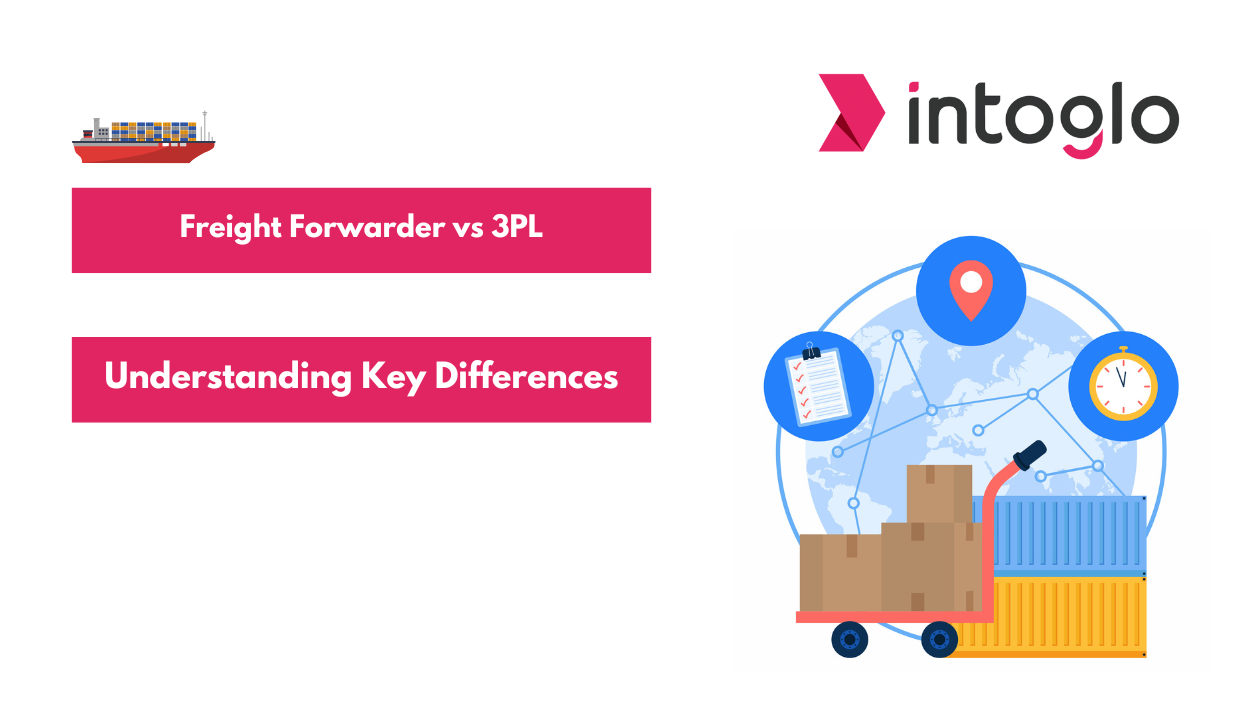
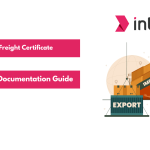
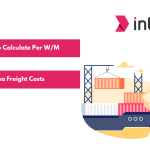
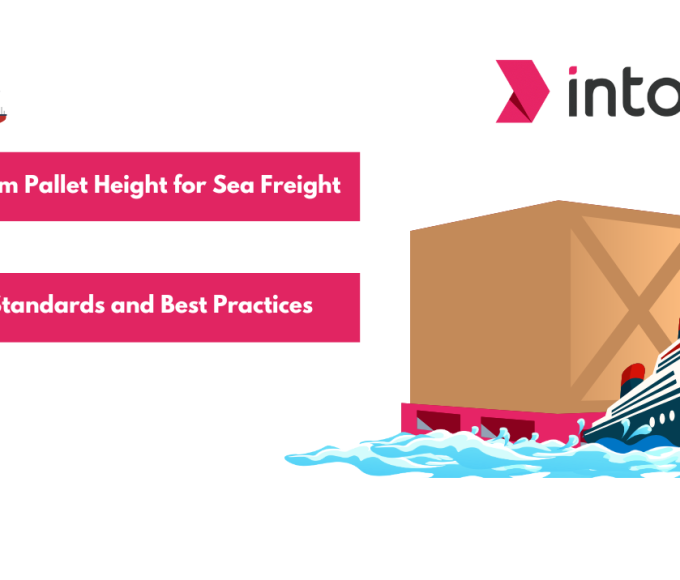
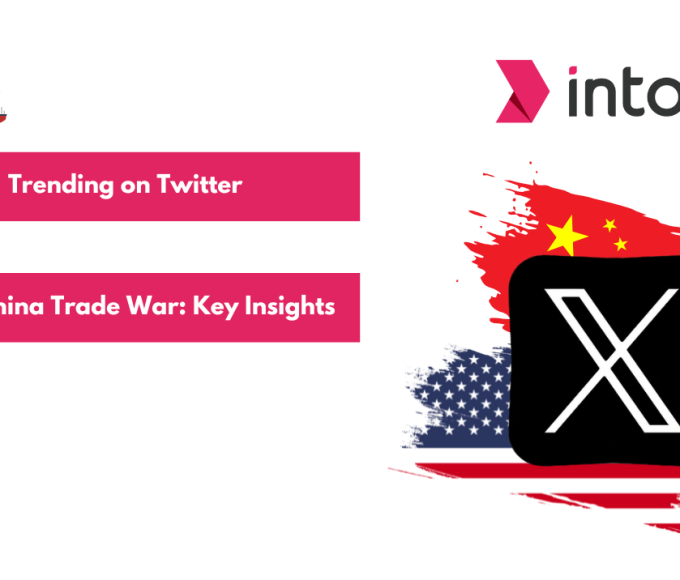
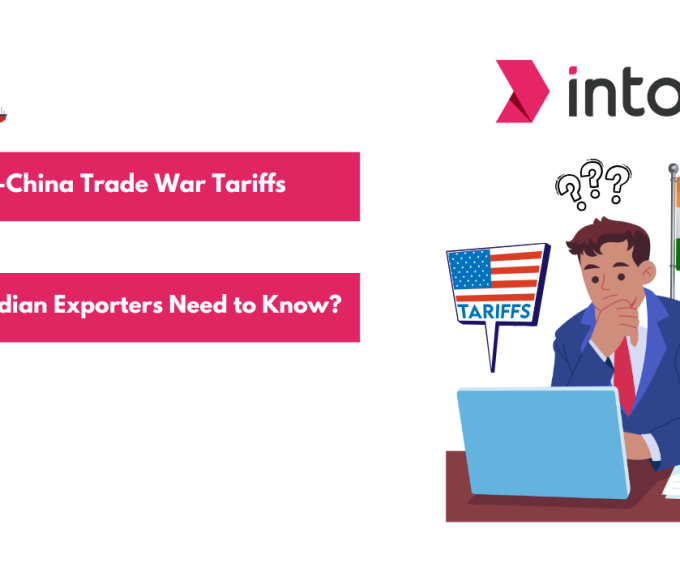
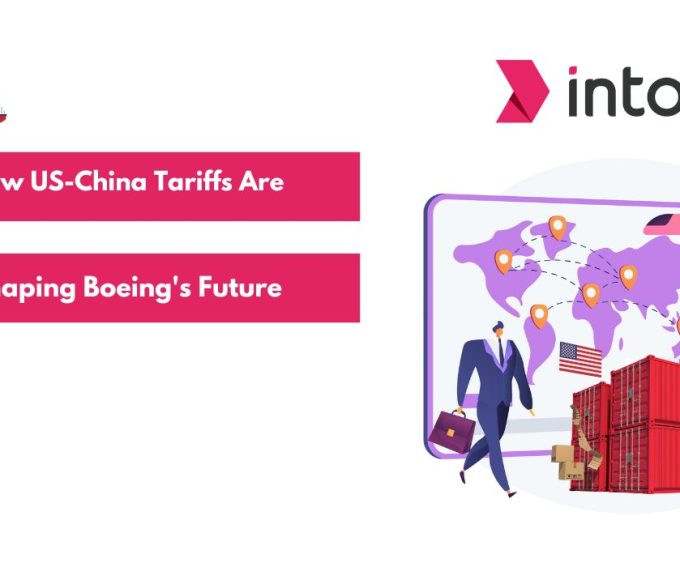
Leave a comment